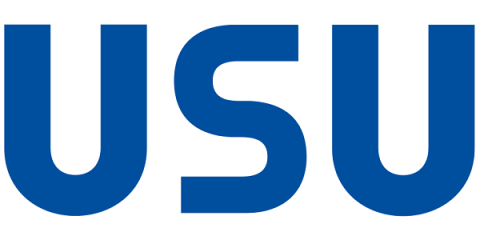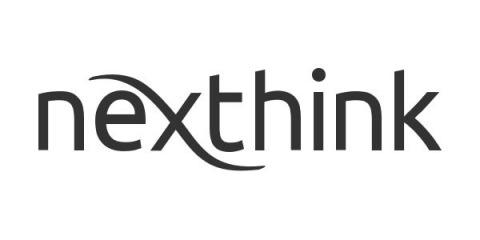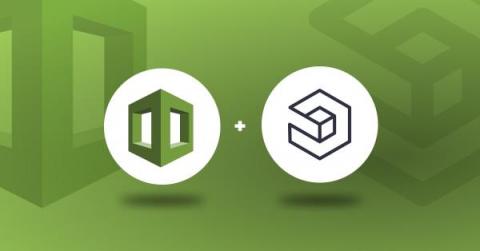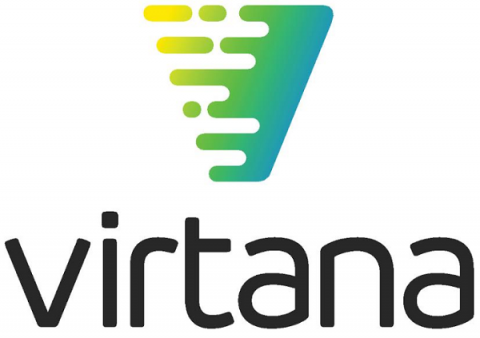Operations | Monitoring | ITSM | DevOps | Cloud
Latest News
USU wins leading European retail group as a new customer for SAP® license management
Hybrid Multi-Cloud Demands Holistic Observability
As I said before, Speed is King. Business requirements for applications and architecture change all the time, driven by changes in customer needs, competition, and innovation and this only seems to be accelerating. Application developers must not be the blocker to business. We need business changes at the speed of life, not at the speed of software development.
What is Microsoft Azure Portal and its Benefits?
With the help of its continually growing global network of data centres, Microsoft has developed Azure, a cloud platform for developing, deploying, and managing services and applications from any location. Azure is available now. Azure’s platform as a service (PaaS) approach allows you to add cloud capabilities to your current network, while its infrastructure as a service (IaaS) model allows you to entrust Microsoft with all of your computing and network requirements (IaaS).
5 Sustainable IT Practices for Your SaaS Applications
With web browser-accessed applications reaching record levels, employees are now spending most of their productive work time inside a cavern of business web applications. These may be custom applications built by a company for specific business purposes, or commercial SaaS applications for important functions such as collaboration, workflow management, scheduling, communication, transactional business, single sign-on, development, service desk, CRM, HR, and others.
We raised $29 million in new funding. Here's what we're going to do with it
Today we are announcing an additional $29 million in funding to help Lumigo grow and provide the same powerful observability capabilities we brought to serverless to other cloud-native technologies, including containers and Kubernetes. Lumigo was founded by Aviad Mor and me a few years ago because we believed the world would be rapidly moving to cloud-native architectures and that these technologies are transformative. Our goal was to create the tools that help developers realize this vision.
Perfect Your Cloud's Deployment with Logz.io & AWS CloudFormation Public Registry
AWS CloudFormation is a service that enables you to create and provision AWS infrastructure deployments predictably and repeatedly. This helps you leverage AWS products such as EC2 instances, Amazon Elastic Block Store, Amazon SNS, Elastic Load Balancing, and Auto Scaling to build highly reliable, highly scalable, cost-effective applications in the cloud – without worrying about creating and configuring the underlying AWS infrastructure.
Securing the Open-Source supply chain with Ubuntu Pro on Google Cloud
It’s official: since the outbreak of the COVID-19 pandemic, cybercrime has increased by 600%. Among these, ransomware attacks are estimated to cost $6 trillion in 2021 alone. And there were nearly 550,000 ransomware attacks per day in 2020. The question is: are your workloads secure enough? In this blog, we will discuss how to make your Open Source workloads more secure in one second.
Ubuntu Pro-based Microsoft SQL Server Instances available for Azure
1st November 2021: Today, Canonical announced support with Microsoft for Microsoft SQL Server with Ubuntu Pro on Microsoft Azure. Canonical has worked with Microsoft to bring a highly performant and fully supported solution for SQL Server to market, based around the Ubuntu Pro 20.04 LTS operating system.
More Clouds, More Tools, More Problems
Organizations need tools to manage their infrastructure, which today is expanding beyond the data center to include multiple public clouds. In fact, in a recent survey of hybrid cloud decision makers, we found that the vast majority of respondents (88%) have placed more than one-quarter of their workloads in the public cloud, and 44% indicated that they’re running more than half of their workloads in the public cloud.











